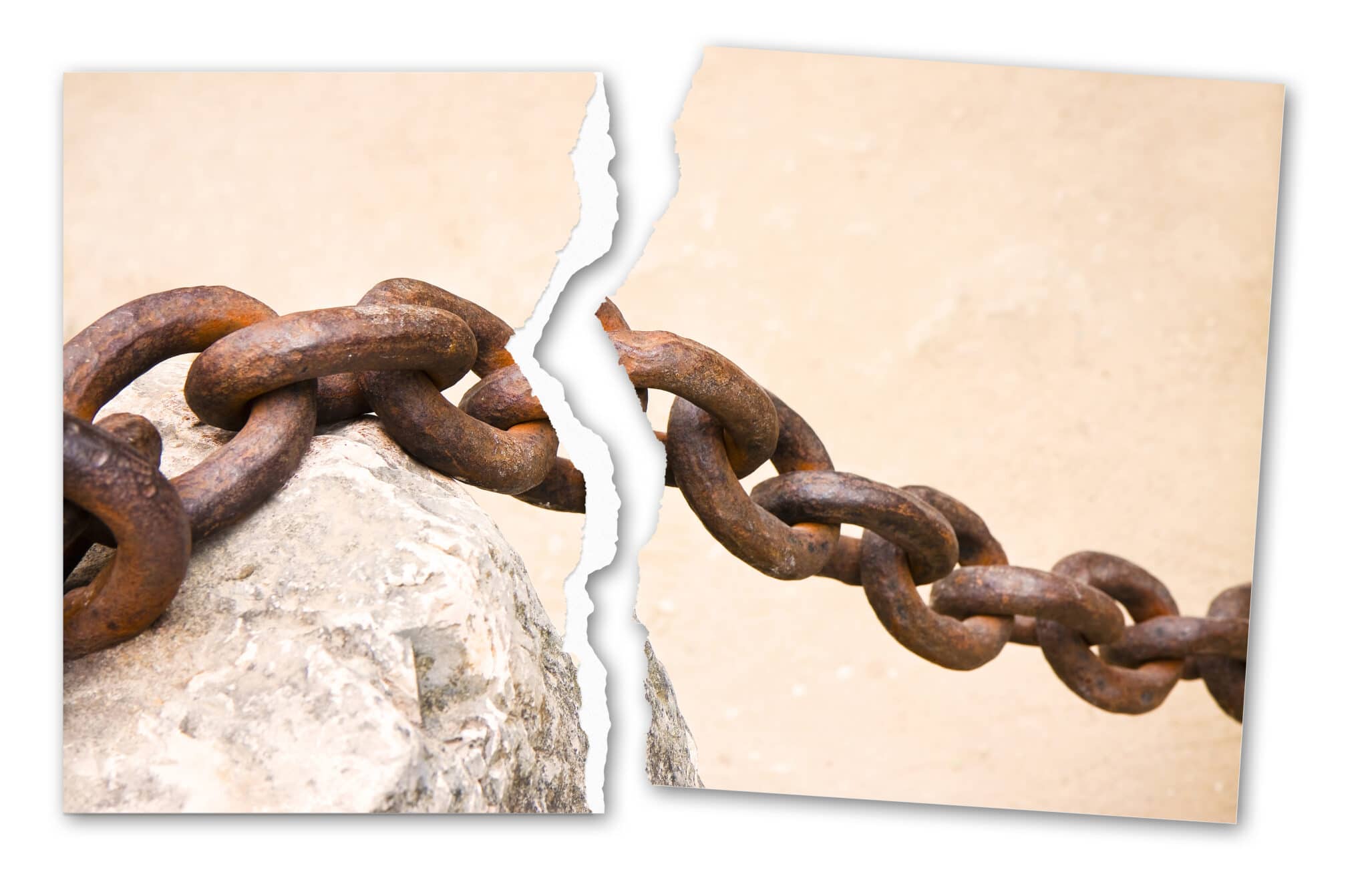Across Georgia, communities are preparing to mark Juneteenth this week as the state joins the rest of the nation in celebrating what has become America’s newest federal holiday. While the June 19th observance has gained widespread attention in recent years, the celebration has deep roots stretching back more than a century and a half.
For many Georgians, this weekend offers an opportunity to learn about a piece of American history that has been commemorated in communities nationwide since just after the Civil War ended.
The Name Behind the Date
Juneteenth takes place every year on June 19th, with the holiday’s distinctive name coming from a simple combination of the month and date. The word blend of “June” and “nineteenth” has become the most recognizable way to refer to the celebration, though it has carried several names throughout its long history.
Over the decades, communities have also called the observance Emancipation Day, Black Independence Day, and Jubilee Day, according to historical records.
Texas Roots, National Reach
The celebration traces its origins to Galveston, Texas, where the first Juneteenth took place in 1866. The date commemorates an announcement made the previous year by Union Army General Gordon Granger, who declared that enslaved people in Texas were free.
That 1865 proclamation in Galveston marked a pivotal moment, and over the years, June 19th evolved into a day to celebrate the emancipation of all enslaved people throughout the United States following the Civil War.
Traditions Born from Necessity
During the Jim Crow era, African Americans faced legal barriers that often prevented them from holding Juneteenth celebrations in public spaces. As a result, many communities moved their observances into Black churches, where families and neighbors could gather safely to mark the occasion.
Those early celebrations established traditions that continue today. Modern Juneteenth observances typically feature large communal meals, readings of the Emancipation Proclamation, picnics, family reunions and cookouts.
One particularly unique tradition that has emerged over the generations is the serving of strawberry soda, which has become closely associated with Juneteenth festivities across the country.
Georgia Communities Embrace the Holiday
Churches and community organizations throughout Georgia are planning events this week to mark Juneteenth. The celebrations provide families with a chance to gather, reflect on American history, and pass down cultural traditions to younger generations.
For many residents, the weekend represents more than just a federal holiday. It offers a connection to a piece of the American story that communities have been celebrating for more than 150 years, long before it gained official recognition at the national level.
The observance serves as both a historical commemoration and a contemporary celebration, bringing together Georgians to honor the past while building community connections in the present.
The Emancipation Proclamation
Below is the full text of the Emancipation Proclamation:
January 1, 1863
A Transcription
By the President of the United States of America:
A Proclamation.
Whereas, on the twenty-second day of September, in the year of our Lord one thousand eight hundred and sixty-two, a proclamation was issued by the President of the United States, containing, among other things, the following, to wit:
“That on the first day of January, in the year of our Lord one thousand eight hundred and sixty-three, all persons held as slaves within any State or designated part of a State, the people whereof shall then be in rebellion against the United States, shall be then, thenceforward, and forever free; and the Executive Government of the United States, including the military and naval authority thereof, will recognize and maintain the freedom of such persons, and will do no act or acts to repress such persons, or any of them, in any efforts they may make for their actual freedom.
“That the Executive will, on the first day of January aforesaid, by proclamation, designate the States and parts of States, if any, in which the people thereof, respectively, shall then be in rebellion against the United States; and the fact that any State, or the people thereof, shall on that day be, in good faith, represented in the Congress of the United States by members chosen thereto at elections wherein a majority of the qualified voters of such State shall have participated, shall, in the absence of strong countervailing testimony, be deemed conclusive evidence that such State, and the people thereof, are not then in rebellion against the United States.”
Now, therefore I, Abraham Lincoln, President of the United States, by virtue of the power in me vested as Commander-in-Chief, of the Army and Navy of the United States in time of actual armed rebellion against the authority and government of the United States, and as a fit and necessary war measure for suppressing said rebellion, do, on this first day of January, in the year of our Lord one thousand eight hundred and sixty-three, and in accordance with my purpose so to do publicly proclaimed for the full period of one hundred days, from the day first above mentioned, order and designate as the States and parts of States wherein the people thereof respectively, are this day in rebellion against the United States, the following, to wit:
Arkansas, Texas, Louisiana, (except the Parishes of St. Bernard, Plaquemines, Jefferson, St. John, St. Charles, St. James Ascension, Assumption, Terrebonne, Lafourche, St. Mary, St. Martin, and Orleans, including the City of New Orleans) Mississippi, Alabama, Florida, Georgia, South Carolina, North Carolina, and Virginia, (except the forty-eight counties designated as West Virginia, and also the counties of Berkley, Accomac, Northampton, Elizabeth City, York, Princess Ann, and Norfolk, including the cities of Norfolk and Portsmouth[)], and which excepted parts, are for the present, left precisely as if this proclamation were not issued.
And by virtue of the power, and for the purpose aforesaid, I do order and declare that all persons held as slaves within said designated States, and parts of States, are, and henceforward shall be free; and that the Executive government of the United States, including the military and naval authorities thereof, will recognize and maintain the freedom of said persons.
And I hereby enjoin upon the people so declared to be free to abstain from all violence, unless in necessary self-defence; and I recommend to them that, in all cases when allowed, they labor faithfully for reasonable wages.
And I further declare and make known, that such persons of suitable condition, will be received into the armed service of the United States to garrison forts, positions, stations, and other places, and to man vessels of all sorts in said service.
And upon this act, sincerely believed to be an act of justice, warranted by the Constitution, upon military necessity, I invoke the considerate judgment of mankind, and the gracious favor of Almighty God.
In witness whereof, I have hereunto set my hand and caused the seal of the United States to be affixed.
Done at the City of Washington, this first day of January, in the year of our Lord one thousand eight hundred and sixty three, and of the Independence of the United States of America the eighty-seventh.
By the President: ABRAHAM LINCOLN
WILLIAM H. SEWARD, Secretary of State.
What Does it Mean
The emancipation proclamation was written 150 years ago, and since most of us don’t use those same words and don’t go around reading official proclamations, here is a breakdown of what it says:
- Slaves in rebel states were now free.
- Lincoln said that anyone who was enslaved in the states that were fighting against the U.S. government (the Confederacy) was now free — forever.
- The U.S. Army and Navy would protect their freedom.
- The military would not try to force those freed people back into slavery.
- Some places were not included.
- The proclamation only applied to the areas still rebelling against the U.S. It did not free slaves in the “border states” (like Kentucky or Maryland) or in Southern areas that were already under Union control.
- Freed people were asked not to be violent.
- Lincoln asked the newly freed people to avoid violence unless they had to defend themselves.
- They were encouraged to work for fair pay.
- He encouraged them to work and get paid reasonable wages.
- Freed Black men could join the Union Army.
- If they were healthy and able, they could help fight in the war by joining the Union military.
Why did Lincoln do this?
- He believed it was the right thing to do — a matter of justice.
- He also believed it was a military strategy to help end the war by weakening the South (which depended heavily on enslaved labor).
- He hoped that people around the world would see it as a step toward freedom and fairness.
Lincoln’s Emancipation Proclamation didn’t end slavery everywhere, but it was a major step. It changed the goal of the Civil War — it became not just a fight to save the Union, but also a fight to end slavery. It gave hope to millions of enslaved people and paved the way for the 13th Amendment, which ended slavery in all of the U.S. in 1865.
🛑 🛑 🛑
Before You Dismiss This Article…
We live in a time when information feels overwhelming, but here’s what hasn’t changed: facts exist whether they comfort us or not.
When A&W launched their third-pound burger to compete with McDonald’s Quarter Pounder in the 1980s, it failed spectacularly. Not because it tasted worse, but because customers thought 1/3 was smaller than 1/4. If basic math can trip us up, imagine how easily we can misread complex news.
The press isn’t against you when it reports something you don’t want to hear. Reporters are thermometers, not the fever itself. They’re telling you what verified sources are saying, not taking sides. Good reporting should challenge you — that’s literally the job.
Next time a story makes you angry, pause. Ask yourself: What evidence backs this up? Am I reacting with my brain or my gut? What would actually change my mind? And most importantly, am I assuming bias just because the story doesn’t match what I hoped to hear.
Smart readers choose verified information over their own comfort zone.

B.T. Clark
B.T. Clark is an award-winning journalist and the Publisher of The Georgia Sun. He has 25 years of experience in journalism and served as Managing Editor of Neighbor Newspapers in metro Atlanta for 15 years and Digital Director at Times-Journal Inc. for 8 years. His work has appeared in several newspapers throughout the state including Neighbor Newspapers, The Cherokee Tribune and The Marietta Daily Journal. He is a Georgia native and a fifth-generation Georgian.


